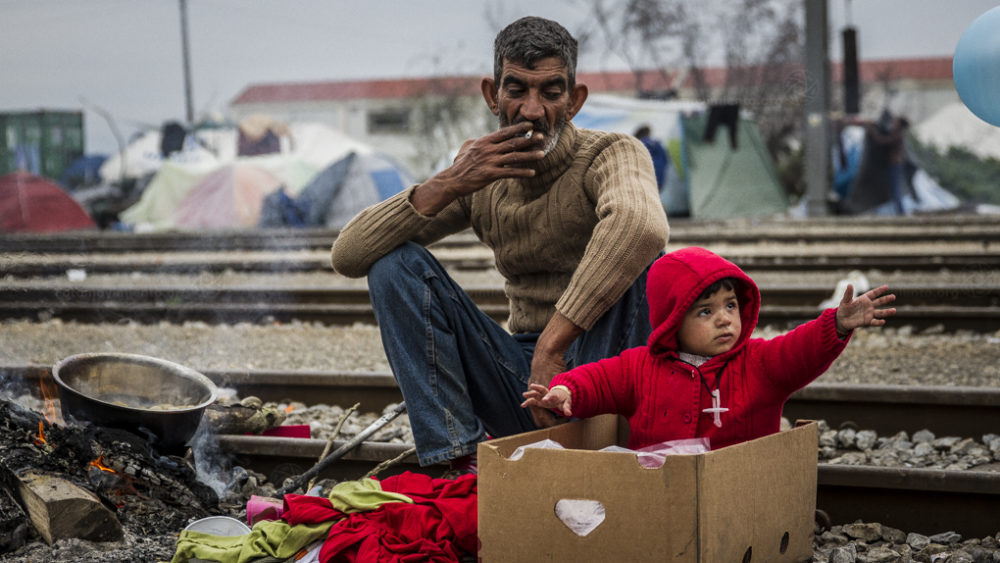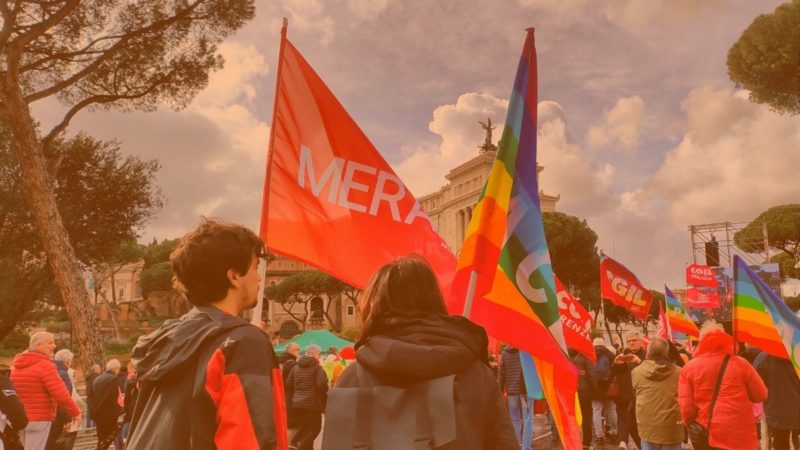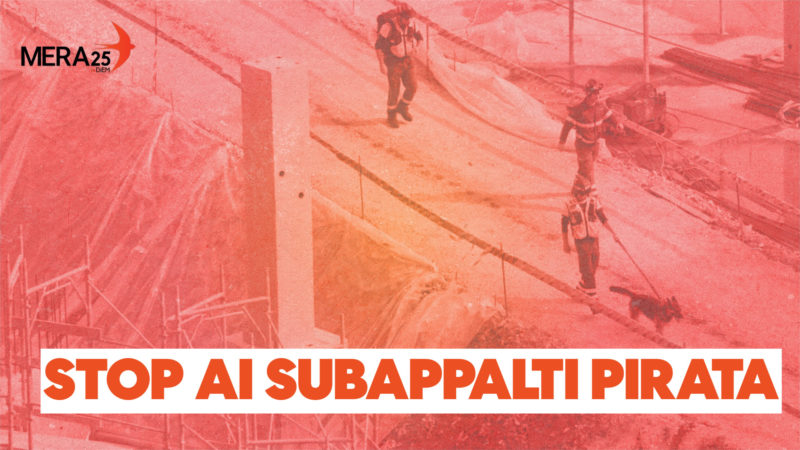Last week, 150 countries adopted the UN Migration Pact, securing the necessary two-thirds majority. In the Moroccan town of Marrakech, they voted in favour of a non-binding agreement for Safe, Orderly and Regular Migration and promised to cooperate more and relieve those countries that are currently receiving an influx of migrants.
The adoption of the Pact followed months of negotiation. Back in July, all 193 UN members — except the United States — finalised the pact. Trump’s US had left negotiations in April last year, and Hungary and Australia soon followed. By late October, Austria had peeled off, triggering Bulgaria, the Czech Republic, Poland, Slovakia and Switzerland to follow their example. Israel, Croatia, Chile and the Dominican Republic also refused to sign.
In Europe, the Belgium, Dutch and German governments came under pressure from the far right, referring to the pact as subversive, calling it an open invitation to the whole of Africa and the Middle East to come over.
The diplomatic fuss is both a moral outrage and an absurd gesture. In fact, the pact brings nothing new or binding, but rather sumps up the pros and cons of migration. Most agreements on migration have been secured in other treaties, which set out the basic rights that states cannot violate.
If you look for a more hopeful and pragmatic answer to the influx of migrants in southern Europe, one should take a look at DiEM25’s European Spring Programme. While it is above all an economic crisis that we have to tackle (see our European New Deal), we must be prepared to welcome newcomers to Europe. We should start by emergency measures to address Europe’s humanitarian crisis. We want a pan-European Common Asylum System for all newcomers, with EU funding conditional on compliance, in full respect of European agreements, the charter of fundamental rights and the Refugee Convention.
Our asylum system will forbid Europe from returning asylum-seekers to a country in which they would be in likely danger of persecution. Instead, European countries will facilitate refugees and asylum-seekers to settle where they have better prospects for employment, stronger family ties, or better language skills. Meanwhile, we must consider the rights and needs of host communities just as much as those of the migrants. We will introduce a new Integration and Investment Programme that directs EU funding to municipalities that welcome newcomers into their communities.
Volete essere informati delle azioni di DiEM25? Registratevi qui!




